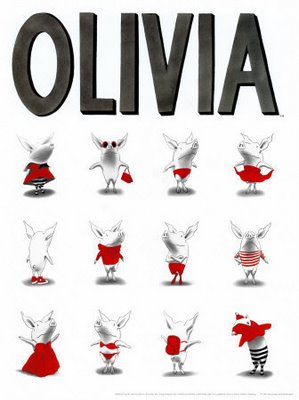Buzzwords are used so commonly they lose their impact. The resume I read today illustrates this. At the top of the resume was a Summary of Qualifications section. In it, there were a number of buzzwords. The overall effect was to hurt the impression the resume made.
The buzzwords listed are some of the most common. In fact, some used so much, they qualify as gobbledygook – words that have lost all meaning due to over use. Below are a few of the bullets from the Summary section:
Summary of Qualifications
Change-management leader
Understands budgets and expense control
Six Sigma/Lean exposure to improve productivity, teamwork, and profitability
Diversity aware
A summary section like this is supposed to create a positive image while introducing the job seeker. Instead, the bullets do little if anything to promote the job seeker. The problem is they don’t have any clear benefit.
Change-management is a nice buzzword, but the resume has little content that demonstrates how the job seeker led change in an organization. Where it is mentioned, it is buried deep in the resume. I had to read closely to find something that showed some change-management experience.
I’m not sure what to make of “Understanding budgets and expense control.” My initial reaction is: “great, you understand cost-cutting – I’m looking for someone with experience cutting costs.” This is a very weak bullet and the resume would be stronger if it was deleted.
The Six Sigma bullet is also extremely weak. I read having exposure to Six Sigma as meaning someone in company ran a six sigma project and the job seeker got to watch some of what that person did. Reading rest of the resume, there is nothing that shows the six sigma experience is more than a basic familiarity the term.
Six Sigma is a major buzzword found in a lot of job postings. If you have significant Six Sigma experience, highlight this skill. If you don’t have experience, don’t highlight it. This bullet was at the top of the resume, with the words "Six Sigma" the 14th and 15th words on the resume. Putting this at the bottom of the resume wouldn’t hurt overall impression (I doubt it would help either). At the top of the resume, it makes a terrible impression.
The resume is from a human resources manager. Diversity is a major buzzword in HR, but I really don’t know what it means to be Diversity Aware. Is the job seeker aware of the importance of diversity in the workplace? Does he have experience promoting diversity? Is he saying he is capable of recognizing difference between men and women or between different ethnic groups? I expect that he is trying to say that he knows how to promote and improve the diversity in a workforce.
When hiring managers read your resume, they will not assume you have more experience or better credentials than the content of your resume shows. If you are very good with a specific skill, you need to show that. Listing a buzzword without qualifying your experience will not help and may hurt the effectiveness of your resume.



